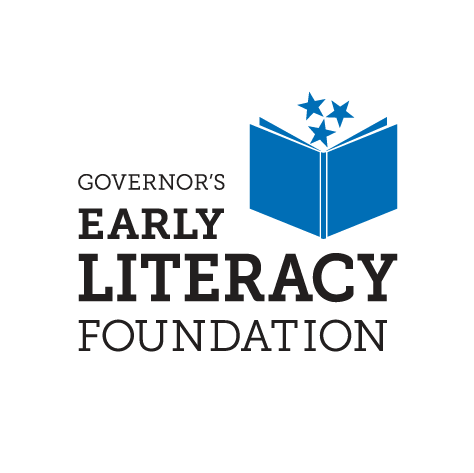The National Early Literacy Panel (NELP) was established in 2002 for the express purpose of summarizing scientific evidence on early literacy development and on home and family influences on that development. NELP’s primary goal was to identify interventions, parenting activities, and instructional practices that promote the development of children’s early literacy skills. Through their report, the panel’s evidence would be a key factor in the creation of literacy-specific materials for parents and teachers and staff development for early childhood educators and family-literacy practitioners.
Key Findings of the National Early Literacy Panel
Identification of the Domain of Early Literacy Skills
Conventional reading and writing skills that are developed in the years from birth to age 5 have a clear and consistently strong relationship with later conventional literacy skills.
- Alphabet knowledge
- Phonological awareness
- Rapid Automatized Naming
- Writing or writing name
- Phonological memory
Instructional Practices That Enhance Early Literacy Skills
- Code-focused Interventions: Designed to teach children skills related to cracking the alphabetic code, including phonological instruction
- Code-focused interventions consistently demonstrated positive effects directly on children’s conventional literacy skills across a broad spectrum of outcomes.
- Shared-reading Interventions: Involving reading books to children, including simple shared reading and reader-child interactions around the material being read
- Book-sharing interventions produced statistically significant and moderate-sized effects on children’s print knowledge and oral language skills.
- Parent and Home Programs: Using parents as agents of intervention, including instructional techniques for parents to use with their children at home to stimulate children’s linguistic or cognitive development
- The home and parent programs yielded statistically significant and moderate to large effects on children’s oral language skills and general cognitive abilities.
- Preschool and Kindergarten Programs: Including educational programs, curricula and policies, such as extended-year experience on kindergarteners
- Studies of preschool and kindergarten programs produced significant and moderate to large effects on spelling and reading readiness.
- Language-enhancement Interventions: Instructional efforts aimed at improving young children’s language development
- Language-enhancement interventions were successful at increasing children’s oral language skills to a large and statistically significant degree.
Together, these findings suggest that there are many things that parents and preschools can do to improve the literacy development of their young children and that different approaches influence the development of a different pattern of essential skills.
Click here to learn more and read the full report.
Governor’s Early Literacy Foundation strengthens early literacy in Tennessee by sustaining programs for children statewide. Our five key programs provide resources, tools and guidance to help children become lifelong learners.



